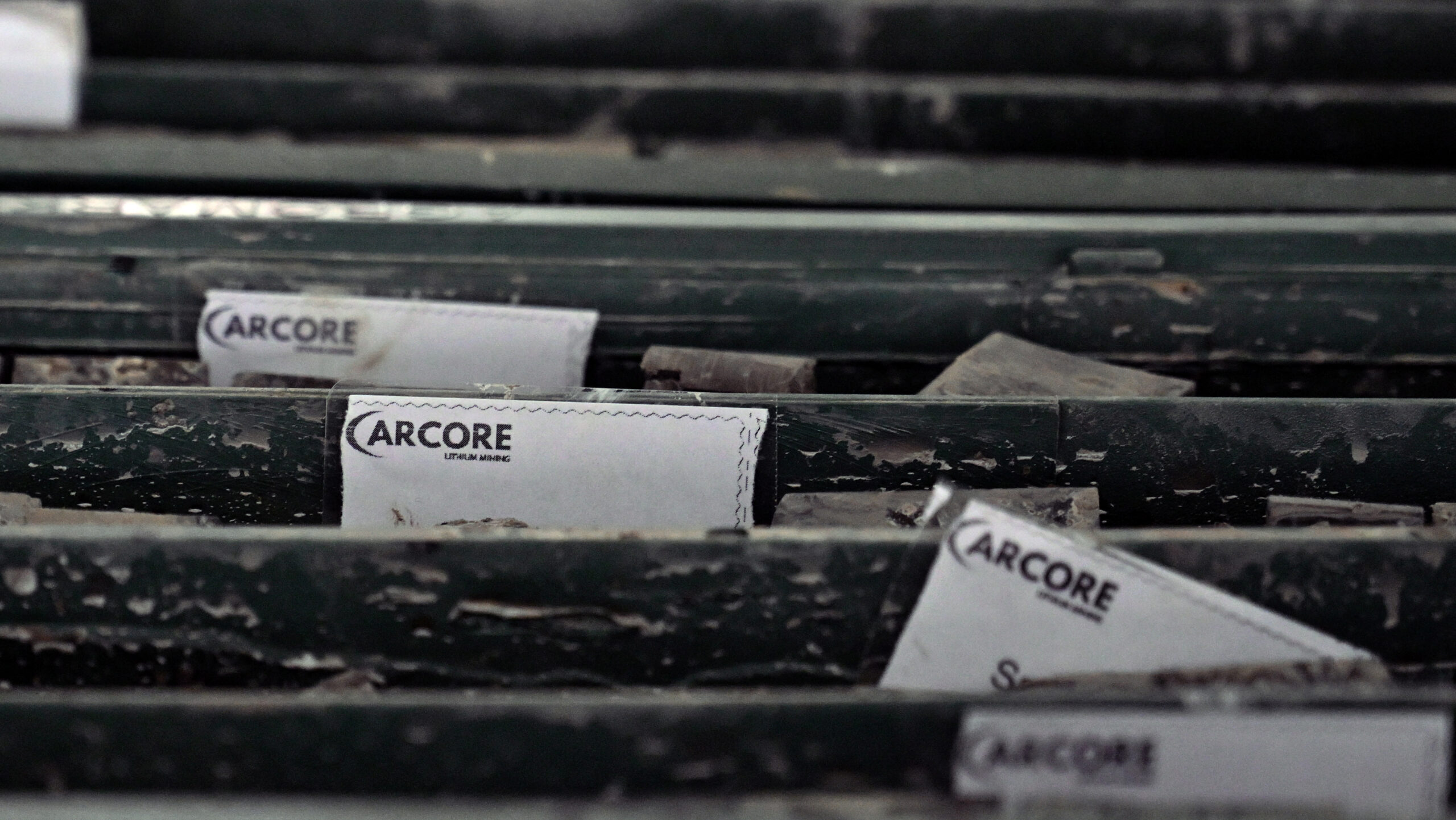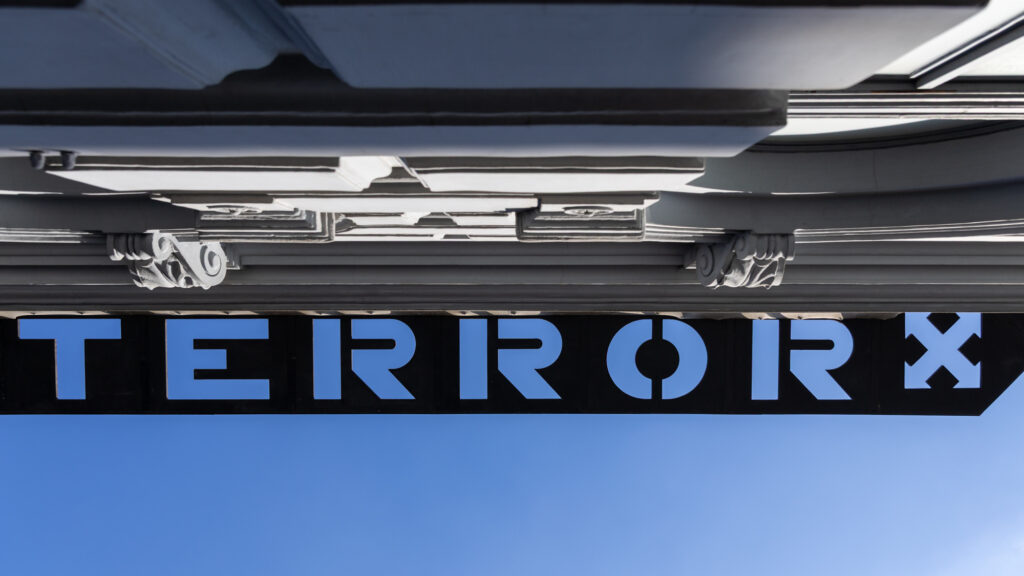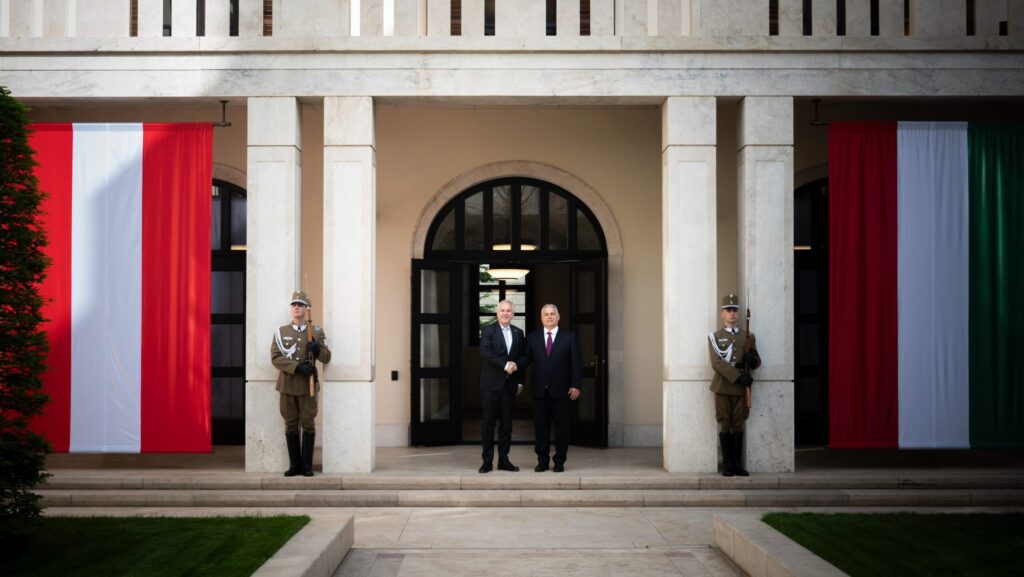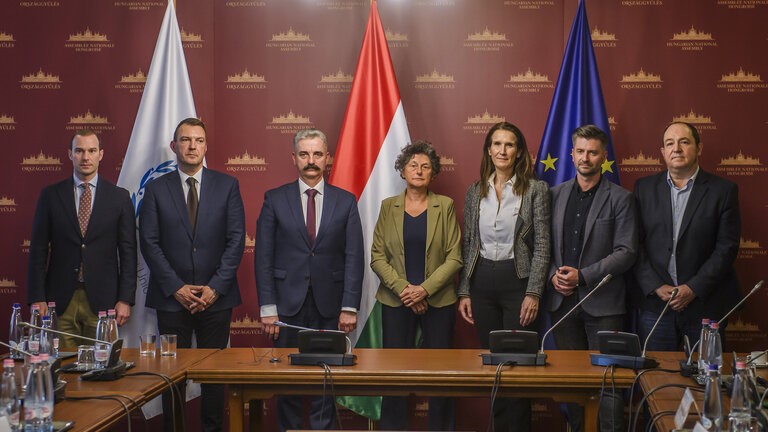The diplomatic efforts of the Hungarian government may soon yield significant results in a new area, as local media reports suggest that lithium extraction in Lopare, located in the Republika Srpska (RS) region of Bosnia and Herzegovina, could involve Hungarian participation. Although this cooperation is currently at the stage of media speculation, supported by half-statements and comments from Hungarian and Bosnian Serb politicians, such a partnership could strengthen Hungary’s position as a leading player in Europe’s battery industry. Moreover, this type of investment could offer extraordinary returns.
Lithium—often referred to as ‘white gold’—has been utilised by humanity for decades across a wide range of fields, including chemicals, optics, defence, nuclear physics, medicine, and energy. The latter is particularly relevant in this context: lithium is a crucial raw material for the electric car industry, which is thriving due to the green transition. Experts predict that this trend will continue for at least the next decade, with lithium batteries maintaining their dominance in the market. As a result, lithium producers stand to be the major beneficiaries of the ongoing surge in electric car sales.
In 2022, a rich lithium deposit was discovered near the town of Lopare in the Republika Srpska by the Swiss-based company ACORE. ‘ACORE is confident that it will be able to mine the raw materials in an environmentally and socially responsible manner from the end of 2026,’ the company stated at the time. They also noted that the Lopare project
could become the largest lithium extraction initiative in Europe.
The deposit, located about 140 km north of the Bosnian capital Sarajevo, was scientifically estimated and confirmed by expert reports in 2022, with further validation from the regional mining and energy ministry this year, according to the company.
ACORE reported that international estimates and technological tests have determined the total mineral resource base of the Lopare project to include 1.5 million metric tonnes of lithium carbonate equivalent, 14 million tonnes of boric acid, 35 million tonnes of potash, and 94 million tonnes of magnesium sulphate.
Lopare is located near the Serbian lithium deposit operated of Rio Tinto, where extraction is scheduled to begin in 2028. It is important to note that some methods of lithium extraction, particularly mining, can be highly damaging to the environment. This environmental impact has sparked strong local protests against the Serbian mine—leading to the suspension of the project—, as well as the proposed lithium mine in RS. However, the situation is different in Republika Srpska, where President Milorad Dodik has already given his approval for the extraction to proceed. Notably, despite environmental concerns, the European Union has reached an agreement with Serbia on the extraction of lithium.
Hungary, the Perfect Partner?
But where does Hungary come into the picture? The Hungarian government maintains very strong relations with the leadership of RS, with Hungarian Prime Minister Viktor Orbán having been recently awarded the Order of Merit of the Republika Srpska. Additionally, Hungary has made several notable diplomatic gestures toward RS in recent times. For instance, Hungary was the only EU and NATO member not to vote in favour of a UN General Assembly resolution that would have designated 11 July as a day of remembrance for the Srebrenica genocide. Hungarian Minister of Foreign Affairs and Trade Péter Szijjártó argued that such a resolution would not contribute to future stability and peace in the Western Balkans.
Given these strong diplomatic relations, cooperation between Hungary and Republika Srpska seems natural. Hungary has already supported the Balkan republic on several occasions, including assistance with grant applications and providing favourable loans. Additionally, Hungary has committed to major energy projects in the region, such as the Hrgud wind power plant in Berkovići and the Gradiška wastewater treatment project.
Although Republika Srpska has not yet issued a tender for lithium production, a small local newspaper, the Bijeljina City Portal, recently reported a significant development. Minister of Energy and Mining of Republika Sprska Petar Đokić met with Hungarian Minister of Energy Csaba Lantos, the ministry’s Deputy State Secretary for EU Affairs Péter Holicza, and Director of MVM Gergely Horváth. Following the meeting, Đokić stated:
‘There is mutual interest in cooperation in the mining sector.
In light of our current results, this applies particularly to geological surveys in the territory of Republika Srpska. The Hungarians are currently studying the feasibility of the projects presented to them.’
Further signalling the potential for collaboration, RS Prime Minister Radovan Višković remarked at an economic forum in April: ‘In the period ahead, together with our Hungarian partners, we will be able to exploit all the treasures located in the Ozren, Lopari, Jezero, Mrkonjić Grad, Rudo, Čajniče, and Zvornik areas.’ Péter Szijjártó made similar comments during his visit to Republika Sprska in January, emphasizing that ‘one of the projects that will form the basis for future cooperation between the Republic of Srpska and Hungary is the development of a strategy for the exploitation of mining resources.’
The signs of cooperation are clearly evident, and lithium production would align perfectly with Hungary’s strategy for the green transition. Hungary already has an example of this approach, albeit on a smaller scale, with a pilot project in Pusztaföldvár. Here, MOL is extracting lithium from geothermal water—a method that is significantly more environmentally friendly than traditional mining.
We have reached out to the Hungarian Ministry of Energy and the Hungarian Ministry of Foreign Affairs and Trade for comments on potential cooperation with the Republika Srpska in lithium mining. We will update this article as soon as we receive a response to our enquiry.
Related articles:








